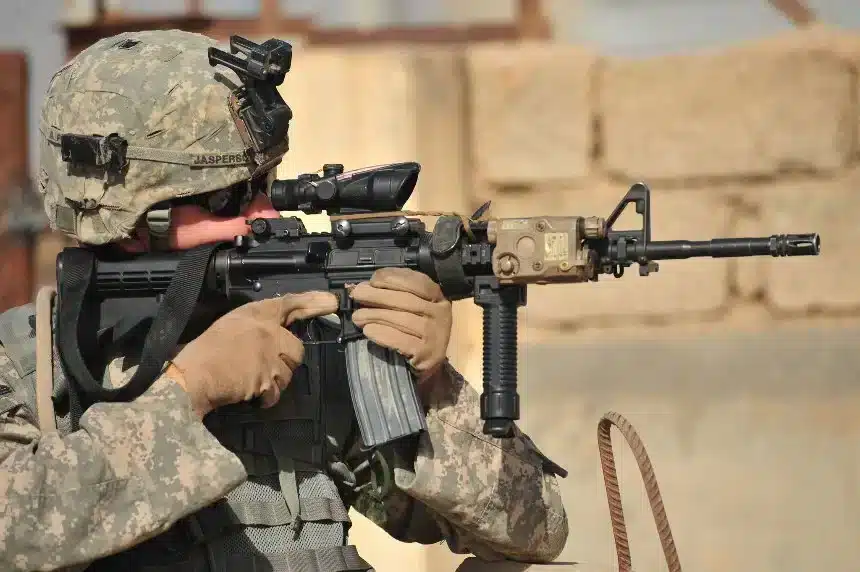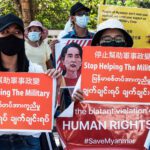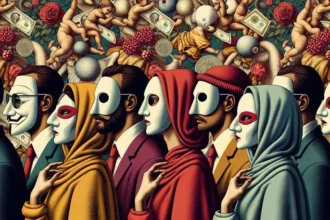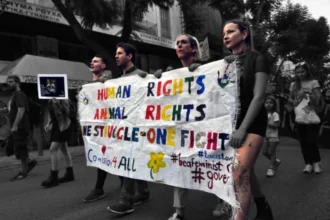In the pulsing center of Iraq, Kirkuk’s struggle is emblematic of the intricate and often volatile quest for human rights. This multicultural metropolis, brimming with a diversity of ethnic and religious communities, represents a dual narrative of optimism and hardship. This article delves into the intricate human rights landscape of Kirkuk, illuminating the multifaceted context, the nature of the transgressions, and their extensive consequences for the international community.
Kirkuk est un creuset de cultures, de langues et de traditions. Pourtant, sous cette riche tapisserie se cache une réalité troublante. La province a été marquée par des violations flagrantes des droits humains, en particulier contre la population kurde et d'autres minorités. Ces violations sont commises par des groupes militants, et la situation est encore compliquée par la capacité de sécurité fragmentée du Gouvernement Fédéral d'Irak.
Mon enquête sur la situation des droits humains à Kirkuk est basée sur un examen approfondi des instruments et conventions internationaux des droits humains. J'ai examiné le rôle des représentants de l'ONU dans la province, les résolutions du Conseil de Sécurité de l'ONU axées sur la paix et la sécurité à Kirkuk, et les défis pratiques auxquels est confronté le Gouvernement Fédéral Irakien dans la protection des droits humains.
One of the most glaring human rights violations in Kirkuk is discrimination, especially against the Kurdish population. The government’s removal of Kurdish from official signages, using Arabic exclusively, has sparked a significant outcry. This act symbolizes a broader pattern of marginalization and exclusion.
De plus, la présence de groupes militants a conduit à de graves violations des droits humains, y compris des déplacements, des meurtres et des pertes d'emplois. Le pouvoir de ces groupes dépasse souvent l'autorité gouvernementale, créant une situation précaire pour les habitants de Kirkuk.
Human rights are the principles that protect all people from political, legal, and social violations. They include the rights to freedom of expression, justice, education, work, and security. Despite Iraq’s commitment to international conventions related to human rights, the situation in Kirkuk reveals a failure to carry out these obligations.
Tout le monde a ses droits naturels et légaux dans la société, mais la situation à Kirkuk a montré que ces droits sont souvent violés. La cause de ces violations peut être attribuée au plus grand pouvoir des groupes militants et à la capacité de sécurité fragmentée du gouvernement.
The human rights situation in Kirkuk is not just a local issue; it’s a reflection of global challenges and the ongoing quest for justice, equality, and human dignity. It’s a call to action for all of us to stand up for the principles that bind us as a human family.
As we reflect on the situation in Kirkuk, let us remember that the struggle for human rights is a global endeavor. It’s a journey that requires collective effort, empathy, and unwavering commitment. The rights of one are the rights of all, and the story of Kirkuk is a story that belongs to each of us.
Adapté d'une étude académique pour un public plus large, sous licence CC BY 4.0









